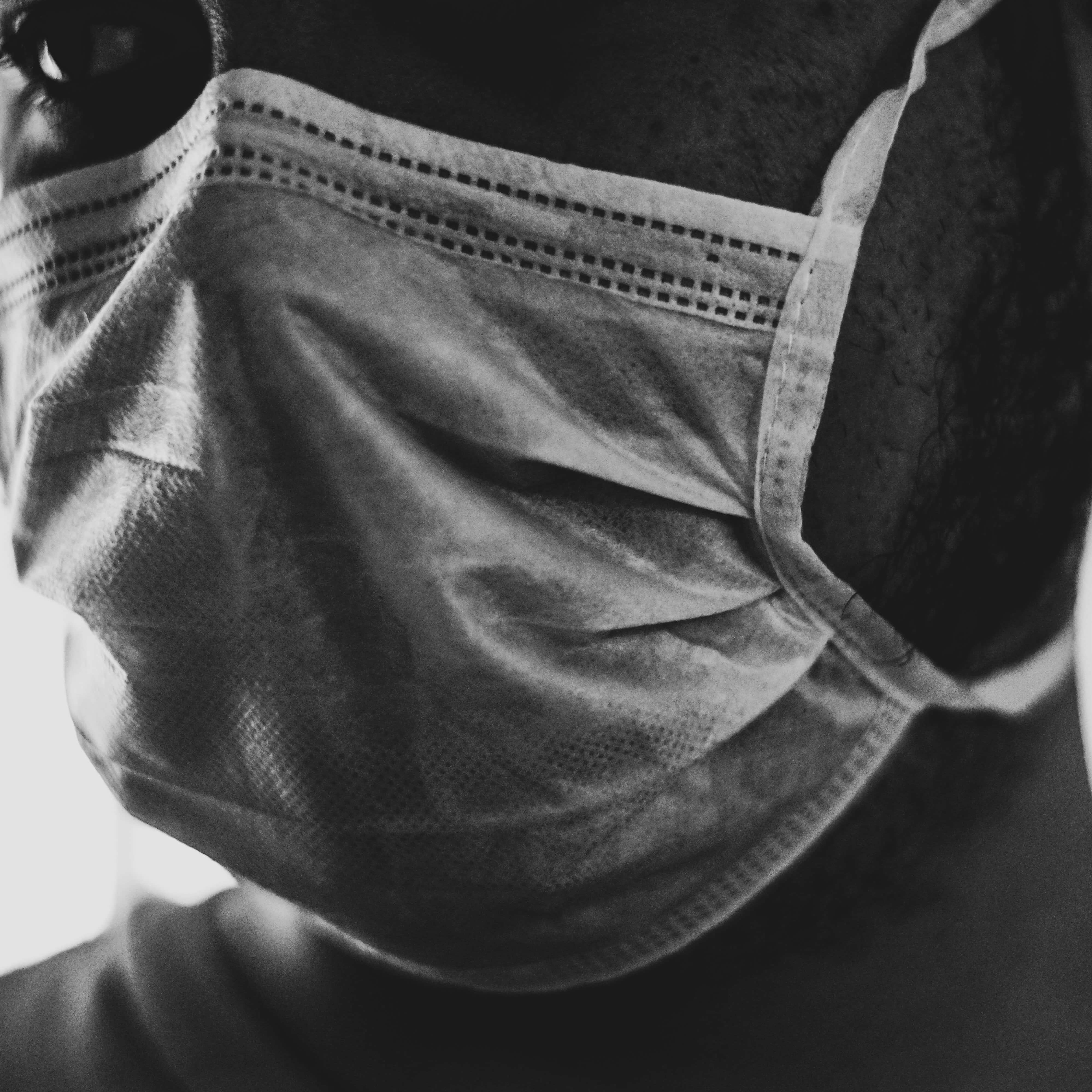
When Can I Travel After Having Covid in the UK?
If you are one of the many millions who tested positive for the coronavirus, feel secure about travelling as soon as you recover from COVID-19. But when is it too soon after a COVID-19 infection? Will you still need to adhere to the same international travel testing requirements for travel after a recent infection?
How Long Should a Person Wait After a Positive Test Before Travelling?
According to the CDC, anybody who tests positive for COVID-19 infection should postpone travel for at least ten days after developing symptoms. If they have no symptoms, they should wait ten days after their positive test. The CDC previously advised not to travel for ten days but, if necessary, required that anybody travelling after the 6th day must wear a well-fitting mask. Following a revision last week, it was stated to refrain from travel for ten days.
Also, those who have recovered from the virus but have symptoms shouldn't travel; instead, they should stay home and ask their doctor for advice on testing requirements. To find out if you have fully recovered from COVID-19, you can even order a lateral flow test in England and other countries in the UK. Within three days, you should get your test bundle. During busy times, it can take longer.
Or you could use a COVID-19 test, known as a rapid FlowFlex antigen test, that yields quick findings in some minutes. You can do a quick antigen test by swabbing the back of your nose with a nasal swab to get a sample.
How to Get Proof of Recovery Certificate?
After seven days have passed since your most recent positive COVID-19 test result and your most recent symptom occurrence, you can obtain a COVID-19 Recovery Certificate. In as little as three hours, certified medical practitioners can send you a certificate.
You should only request a COVID-19 proof of recovery certificate after at least 48 hours without symptoms. Wait until you feel better if you are still coughing and your body is aching. Feel free to apply for a recovery certificate if the conditions mentioned above are met and it has been at least seven days after you have recovered from COVID-19.
The good news for individuals with upcoming international travel plans is that the proof of recovery certificate is valid for 180 days (six months) after it has been granted. The explanation is that COVID-19 natural immunity extends for roughly six months after infection.
Why Is Proof of Recovery Certificate Needed?

Considering that a simple positive COVID-19 antigen test could ruin your entry requirements only a day or two before, international travel can be unsettling. But given the current state of affairs, it may very well be the case. Fortunately, you can reach the destination country with the help of a proof of recovery certificate. In any case, people who have yet to have all of their COVID-19 vaccine or booster dose should strive to get a proof of recovery certificate.
The following countries recognise the proof of recovery certificate:
- Spain
- United Arab Emirates
- Netherlands
- Luxembourg
- Monaco.
Are There Any Benefits to a Recent COVID-19 Infection for Travellers?
There are specific situations where travellers might benefit from travelling after having COVID. Some countries will accept vaccination records or recent negative test results instead of evidence of a recent illness.
Most countries that have opted to immunise their youngsters from 12 completely and older now demand the same behaviour from tourists. Therefore, 12- to 15-year-olds with only one jab, considered "unvaccinated," may find it difficult to go abroad. Most public locations in countries like France, Austria, and Italy require visitors to confirm vaccination, a recent negative Covid test, or evidence of a recent Covid infection.
The cost and hassle of routine testing for 12 to 15-year-olds are preferable to presenting authorities with documentation of a recent Covid infection instead of vaccination status.
Additionally, entrance into other countries sometimes accepts proof of vaccination at the border in place of testing or vaccination. Once more, this is especially helpful for people between the ages of 12 and 15, who are hardly exempt from the entrance requirements that younger children can escape yet are not old enough to be immunised entirely in the UK.
Conclusion
The COVID-19 pandemic has affected severely everyone around the globe, be it the UK or another country. From small-scale businesses to large-scale businesses, everyone has to go through the loss created by the Covid-19 pandemic. Many lives were lost due to this fatal infection.
To prevent more loss, many governments of various countries forced travel bans and gatherings to avoid the spread of Covid-19 infection. Even if you have fully recovered from COVID-19, you are still required to perform an antigen test or to show your proof of recovery certificate to enter your destination country. Searching for a Healgen rapid covid-19 antigen self-test in the UK? Look no further; visit our website today!


